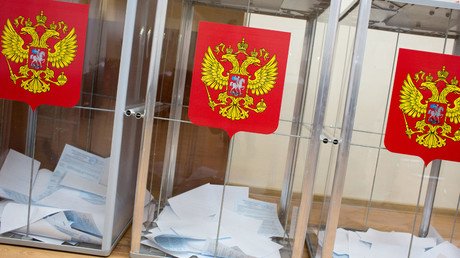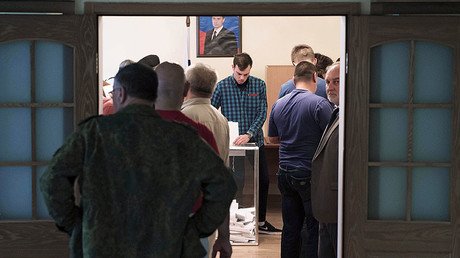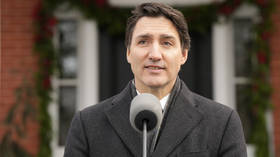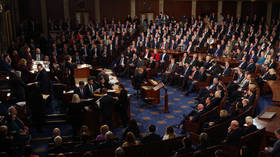Bill criminalizing poll rigging drafted in State Duma
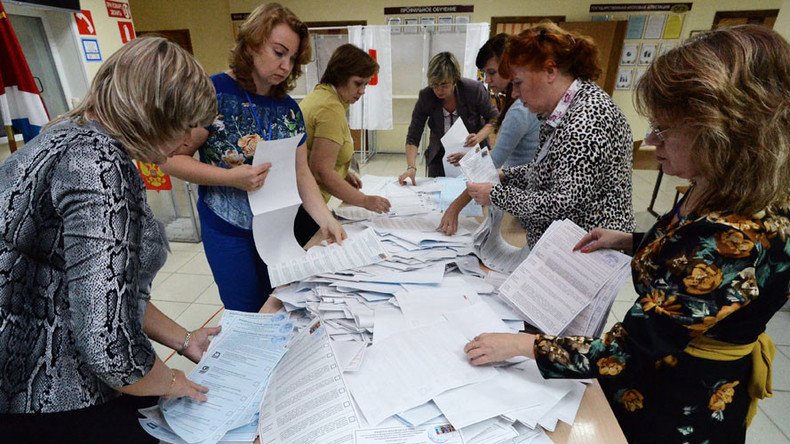
Two Russian ruling party lawmakers have drafted a bill introducing criminal responsibility for the type of election fraud known as ‘carousel voting.’
The bill prepared by MPs Pavel Krasheninnikov and Victor Pinsky amends the Russian Criminal Code with an article titled “illegal issuing and receiving of an election or referendum ballot card.”
The draft reads that any member of the election commission who hands out a ballot to a person other than the one whose name is listed in the document, or gives two or more ballots to the same person, should be fined between 100,000 and 300,000 rubles (US$1,755-$5,260 at current rates) or punished with up to four years behind bars.
Those who receive ballots with other people’s names or vote more than once in the same election could face fines between 200,000 and 500,000 rubles ($3,500 - $8,770) or prison terms up to four years.
If voting fraud is committed by a group of people, all the participants could face up to five years behind bars.
The main target of the new amendment is the illegal practice known as ‘carousel voting’ by the same people at various ballot stations, often for a bribe. Presently, such fraud is considered an administrative offense with a maximum punishment of 50,000 rubles ($877).
According to Krasheninnikov, the document has already received a positive review from the Supreme Court and government.
In February this year, a similar bill was drafted by an opposition parliamentary caucus – the populist-nationalist Liberal Democratic Party of Russia. However, the LDPR bill stopped short of making ‘carousels’ a criminal offense and instead increased the size of fines and introduced short-time administrative arrest as punishment for the handing out and receipt of electoral ballots in violation of existing rules.
Russian opposition parties and various watchdogs often draw public attention to various alleged violations during elections. However, official probes into the issue have found that the violations that did take place were on a minor scale, and could not have affected the results.
In one of the latest processes, started after the opposition party Yabloko demanded that the results of the 2016 parliamentary elections be cancelled, the Supreme Court ruled that though some of the violations outlined had taken place, they were minor and could neither affect citizens’ freedom to vote nor the election results.
